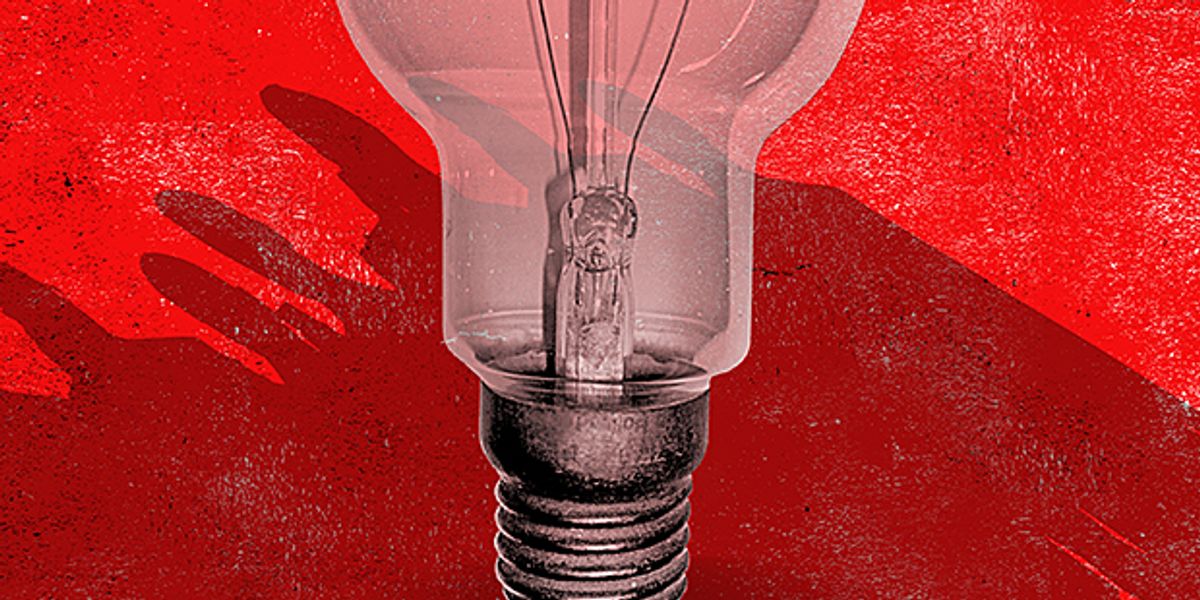Part 2
Another is the the nature of the market for land. You see, the amount of land is fixed. Even John Locke who invented the labor theory of property added that it only holds true as long as there's land left to claim.
Smith was specifically referring to the nobility but it's not hard to see how this could apply to land speculators today.
Except it doesn't apply to land speculators.
The difference between the nobility and land speculators is the nobility never sold their land (excepting in an instance where they were desperately hard up for cash.
You're just another who doesn't understand the meaning of rents.
In a manner most anachronistic, you don't understand that land at that time was Capital because even though Britain was in the 2nd Industrial Age, Britain like all Western European countries was still largely an agrarian economy.
90% of the population worked in agriculture just like 90% of the US population worked in agriculture and that was true up until the 1930s.
I'm guessing you didn't know that FDR's fantastic federal minimum wage exempted agricultural workers so at the time, only about 700,000 workers were covered, which means they were eligible to be paid the minimum wage if their job did not already pay in excess of the minimum wage.
It wasn't until 1964 that agricultural workers were entitled by law to be paid the federal minimum wage but by that time, only about 30% of the work-force worked in agriculture.
What changed? Technology. Now you have tractors, and with economy of scale the price of tractors came down and more farmers could buy them and technology provided for many new farming implements which meant a farmer could get buy with a dozen farm hands to help him work his 40-acre farm instead of needing 3 dozen farm hands.
The people in Britain, France, the Italian city-States and the German city-States and principalities had no land because the god-things said only the nobles could have it so they had to rent land so's they could have a job, and that job was farming.
Using land to produce something and having land just sit on it and not produce anything are not the same thing.
Your anachronism further show your lack of understanding. Marx and the Socialists were in Europe. Why weren't they in the US?
In Europe, nearly all the land and especially the best land was already owned by nobles because a god-thing said so. That means land is very finite
On the other hand, the US Constitution prohibited titles, so there weren't any nobles owning gigantic freaking tracts of land, and land was viewed as infinite. Oklahoma didn't even become a State until 1905. In 1880, Washington, Idaho, Montana, the Dakotas, Wyoming et all were territories, not States and they were very, very sparsely populated. Even those that were States like Oregon, Arizona, California, and others were sparsely populated. There was far more land than there were people. You could give every US household 400 acres and there'd still be extra land available.
Smith proposed a tax on the value of land which would be similar to a property tax except it would only tax the value of the land itself rather than the improvements on top of it. This would be the ideal tax because it would not take a cut of labor or capital, incurring no deadweight loss.
And Smith, Ricardo, and Malthus were right and there is a very, very good reason why.
Remember, the sole context is land used in the means of production, and that land would naturally rise in value to reach a point where profits needed for capital investment and the renter's wages would decrease resulting in a stagnant economy and higher unemployment because the price of rents would drown out investments.
The solution proposed by Marx and the Socialists was to nationalize all land under ownership of the State. Smith et al were opposed to that because land ownership is the bastion of freedom and hallmark of private property.
That's why they suggested it be taxed, so why isn't it?
A guy named Clark was bank-rolled by corporations and a handful of wealthy people to come up with a reason not to tax land, and your Congress bought it, and 3 decades later, some people used Clark's theories to develop the Keynesian Economic Model.
Of note, a guy named Thomas Picketty waved a magic wand and claimed there's a huge disparity in wealth. If you remove land from the equation, whatever, um, you know, "wealth gap" exists evaporates. Wealth has actually declined dramatically for about 2 decades and for the last decade it is still declining but at a much slower rate.




